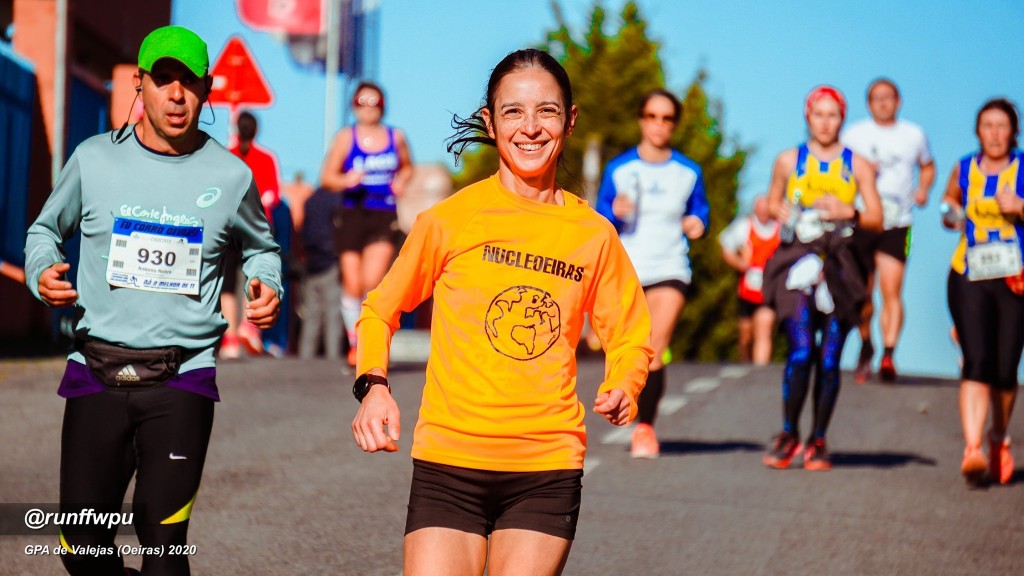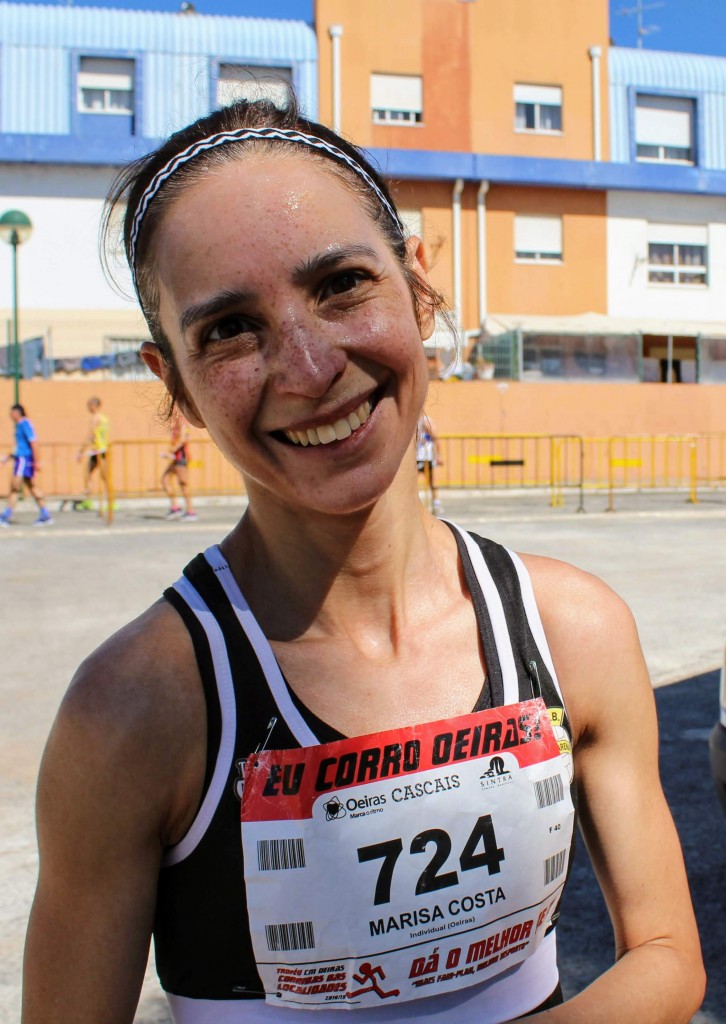
I discovered in 2016 that I love running. And I created a special taste for competition. I am a master athlete and I have Lupus. I was diagnosed with Lupus at the age of 15 and I am an athlete since the age of 35. Now I’m 40 and I can’t stop running.


I had my first international experience in 2017, at the European Masters Championship in Aarhus, Denmark. I managed to get a good performance achieving a new Personal Best in the distances of 5000 m and half-marathon.
Since then, I have made a point of participating in Masters Championships defending my country and taking the cause across borders – awareness of Lupus and that we can and should kick it!
In 2019 I had my first scare. I decided to participate in the World Masters Championship in Malaga, Spain. The races I chose were the 10.000 m and the half-marathon. The 10.000 m on track was my first race of the championship and I managed to overcome myself under a hellish heat where I improved my time in the distance.

Meanwhile, during the interval of days until the half-marathon (where I was betting a good mark), I got sick because of insect bites. With fever and an acute attack of allergy I spent the days the best I could. When the day of the race came, I knew I was not in a position to achieve the goal. After they gave the starting shot my body “shut down”!
My legs weighed tons … I couldn’t breathe well … I started thinking about giving up! I didn’t give up because I didn’t want to leave the national team unclassified. I went to the end in agony! It was a bad experience that left me wondering if it would be worth it to continue competing and … running.
I returned to Portugal in a terrible physical and psychological condition. To give up… I just thought about giving up.

In the first 3 weeks I rested without running. After 3 weeks my body started to ask for “movement” and, step-by-step I returned to training. I had the support from family and friends who did not let me give up on my big goal – the Marathon.
I started again with the marathon in my mind. The date was set – January 19, 2020, in Funchal, Madeira, the day of my first marathon. 42 kms to run and finish … that was the goal.
Even though I know that Lupus doesn´t let me train in the winter I wanted to take the risk. I missed training days for being sick, others for exhaustion and others for professional reasons. It was difficult but I went ahead.
When the day of the marathon arrived, I felt confident and at the same time afraid. I was optimistic because I believed in the work done by me and my coach and frightened because I was stepping into the unknown … I had never run so many kilometres … I didn’t know how my body would react.
They gave the starting shot and I knew it was now or never. I was passing km for km fulfilling the pace planned by the coach. At 35 km I started having cramps and I thought: “if you continue at this pace you will not end the race. So, you must slow down and manage the pain”.
36, 37, 38, 39, 40, 41 …. and 42 km in 3h21m was the time of my first marathon!
What I really kept from this experience was that I managed to run a marathon and it got me in a state of great happiness and made me very proud.

Today I can say that I am a marathon runner and Lupus didn’t win!



